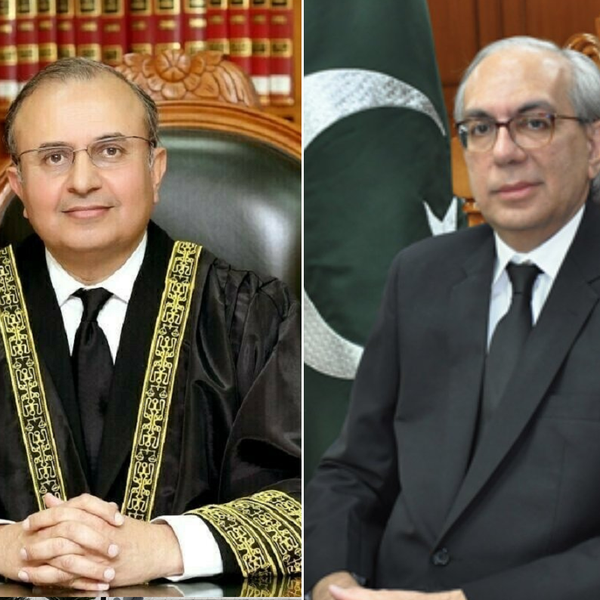Pakistan govt saved PKR 30 billion through buyback of securities: SBP report
The government repurchased four issues of the MTBs maturing in December

Haris Zamir
Business Editor
Experience of almost 33 years where started the journey of financial journalism from Business Recorder in 1992. From 2006 onwards attached with Television Media worked at Sun Tv, Dawn Tv, Geo Tv and Dunya Tv. During the period also worked as a stringer for Bloomberg for seven years and Dow Jones for five years. Also wrote articles for several highly acclaimed periodicals like the Newsline, Pakistan Gulf Economist and Money Matters (The News publications)

The State Bank of Pakistan (SBP) made a historic move during the current fiscal year where lowering of interest rate allowed the institution to buy back treasury bills (MTBs), which resulted in reducing the interest payments by nearly PKR 30 billion.
According to the semi-annual report of the State Bank of Pakistan, the motivation for buyback auctions in Pakistan emanated from improved liquidity due to transfer of hefty SBP profit in September.
The government found it opportune to gain from buying back the MTBs issued at higher rates and raise the long-term debt at lower rates in falling interest rate environment. Accordingly, the government repurchased four issues of the MTBs maturing in December with the outstanding amount of around PKR 3.6 trillion at the average yield of more than 20%. The process also facilitated in reducing the rollover risk.
These buybacks were conducted through special auctions. The government announced specific debt security along with the indicative target amount it intended to buy back through competitive bidding process. The auctions were oversubscribed in light of the declining interest rate environment as offers exceeded the targets for both the issues.
Thus, government was able to buyback a cumulative of PKR 1.026 trillion – with PKR 566 billion in 6-month and PKR 460 billion in 12-month MTBs – in these auctions.
The SBP report said that acceptance remained around 73% of the target in 6-month tenor and further declined to 34% in 12-month tenor. The lower acceptance is mainly because market placed bids at high prices in the subsequent auctions compared to the first auction held on September 30. The overall subscription of these buyback auctions accounted for 27% of the maturing MTBs, which reduced the borrowing requirements in subsequent auctions.
The estimates suggest government saved a total of around PKR 30 billion in debt servicing with these operations.
Although the government has successfully reduced immediate costs, lowered rollover risks, and improved the debt maturity structure, research indicates that frequent buyback operations — if not carefully managed — can lead to market misinterpretations, contribute to inflationary trends, and drive up borrowing costs. To prevent such unintended outcomes, it is essential for the government to clearly articulate the purpose behind any debt buybacks.
Debt buybacks involve the repurchase of government securities from the secondary market before they mature. These operations are typically aimed at smoothing out debt redemptions and minimizing refinancing risks.
Additionally, such buybacks can offer interest cost savings depending on the interest rate environment. In advanced economies, these operations are carried out both routinely and on a discretionary basis, guided by the level of surplus liquidity and current market conditions.
However, in developing countries, buybacks are less common due to limited fiscal space and constrained liquidity resources.










Comments
See what people are discussing